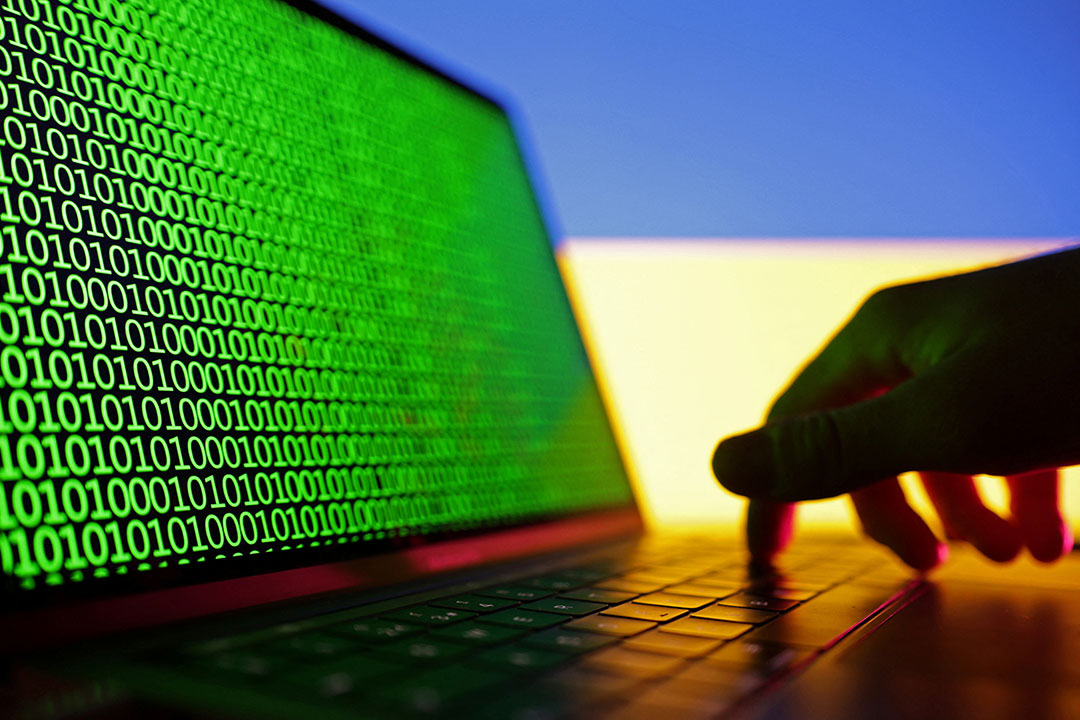
Modern backup systems to bolster cyber resilience

By Beatriz Marie D. Cruz, Reporter
PHILIPPINE ENTERPRISES must adopt advanced backup solutions as digital infrastructures become more complex, especially with the rise of artificial intelligence (AI), according to American cybersecurity firm Tenable, Inc.
Nigel Ng, senior vice president for Asia Pacific at Tenable, said there has been growing interest among Philippine businesses for modern backup solutions.
“Unfortunately, there are also still businesses operating under the illusion that basic backups are sufficient. In reality, today’s threats target cloud workloads, identities, and misconfigurations — areas that traditional backup alone can’t fully protect,” Mr. Ng said in an e-mail.
About 70% of cloud AI workloads contain unremediated critical vulnerabilities, making them an easy target for attackers, according to Tenable’s 2025 Cloud AI Risk Report.
Philippine firms still have “room for the greater adoption of integrated strategies” in their digital infrastructure, Mr. Ng said.
These include the combination of backups with real-time exposure management, especially in hybrid and cloud environments.
Companies are recognizing the importance of advanced backup strategies as cyberattacks are becoming increasingly sophisticated, which could lead to data theft and financial losses.
Financial institutions supervised by the Bangko Sentral ng Pilipinas (BSP) lost P5.82 billion last year from cyberattacks including phishing, “card-not-present” fraud, account takeover or identity fraud, and hacking, BSP Deputy Governor Chuchi G. Fonacier said in March.
According to Mr. Ng, outdated infrastructure could create “blind spots” in an organization’s security posture.
“We need to move beyond basic data duplication and embrace a holistic exposure-led approach, or we will keep seeing these devastating breaches,” he added.
The lack of skilled cybersecurity professionals who understand backup and security across the modern attack surface also remains a key challenge for Philippine businesses, he said.
Budget constraints may also limit companies’ cybersecurity investments, Mr. Ng added.
To boost their cyber resilience, Philippine businesses should explore cloud-ready, intelligent backup solutions that work with exposure management, ensuring data recovery and risk mitigation, he said.
Companies should also adopt a phased approach in adopting advanced backup solutions, prioritizing integrating critical systems.
“They should also consider leveraging cloud-based exposure management platforms that offer unified visibility into vulnerabilities, misconfigurations, and backup integrity, all in one place, to optimize costs and expertise,” Mr. Ng said.
Having robust exposure management framework would help firms identify vulnerabilities ahead of potential attackers, he added.
“It is about ensuring your backups are clean, immutable, and recoverable, not just a sitting duck for ransomware.”
Enterprises must also invest in employee training and upskilling to help bridge the cybersecurity knowledge and talent gap.
“Businesses need to understand that cybersecurity is not an optional expense but a business imperative,” Mr. Ng said.



